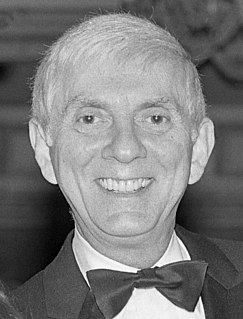A Quote by Azadeh Moaveni
I think Iran is the kind of place where it's difficult to predict what's going to trigger structural change. It's hard to also predict the role that civil disobedience or mass protests could play.
Related Quotes
The state says: "Well, in order for it to be legitimate civil disobedience, you have to follow these rules." They put us in "free-speech zones"; they say you can only do it at this time, and in this way, and you can't interrupt the functioning of the government. They limit the impact that civil disobedience can achieve. We have to remember that civil disobedience must be disobedience if it's to be effective.
You're going to lose it when you follow the world "feel" with the words "because I think". Any time you are thinking, your chance of getting what you need is greatly decreased, especially when you follow the word "think" with the word "you". I predict you won't only not get heard, but I predict a defensive aggressive reaction.
I think climate change is probably the most extreme, and it's been going on for years because it's very difficult to talk about a planetary issue like climate change and to get people who live within four-year electoral cycles to actually pay attention to something that you predict is happening way in the future.

































